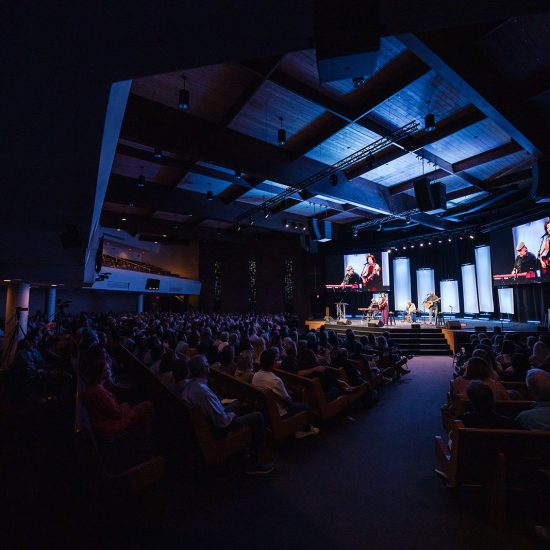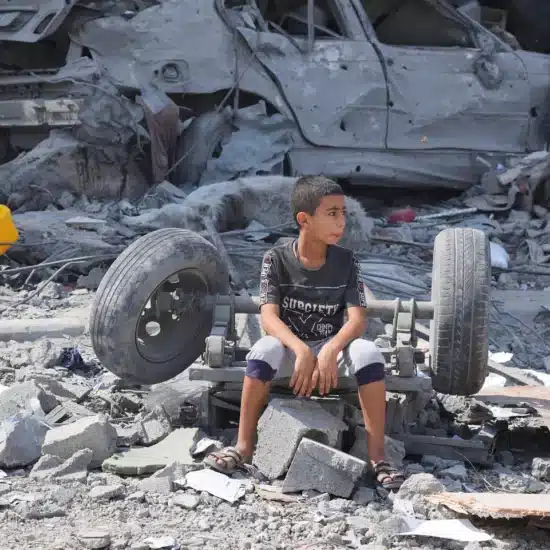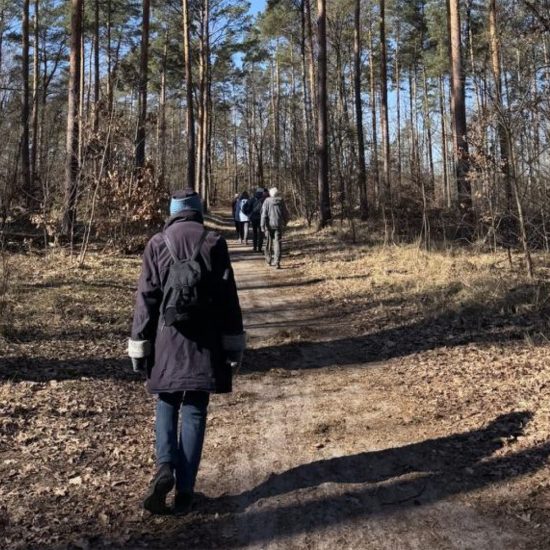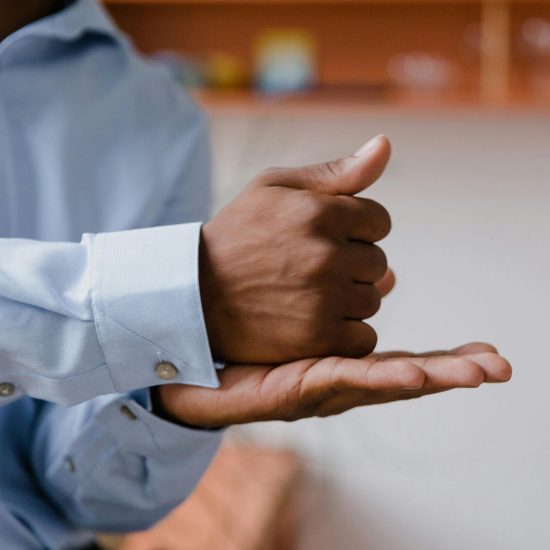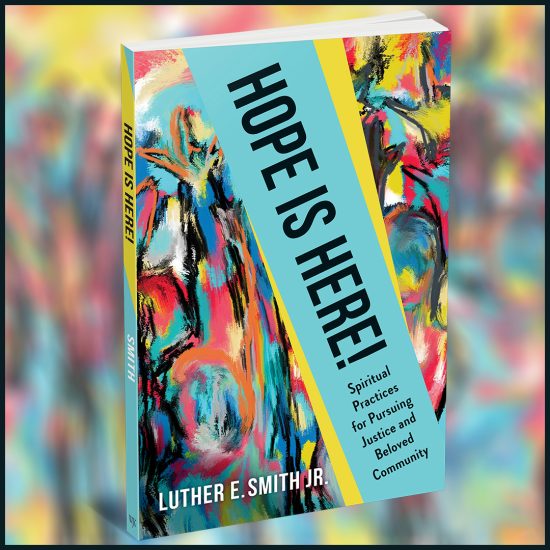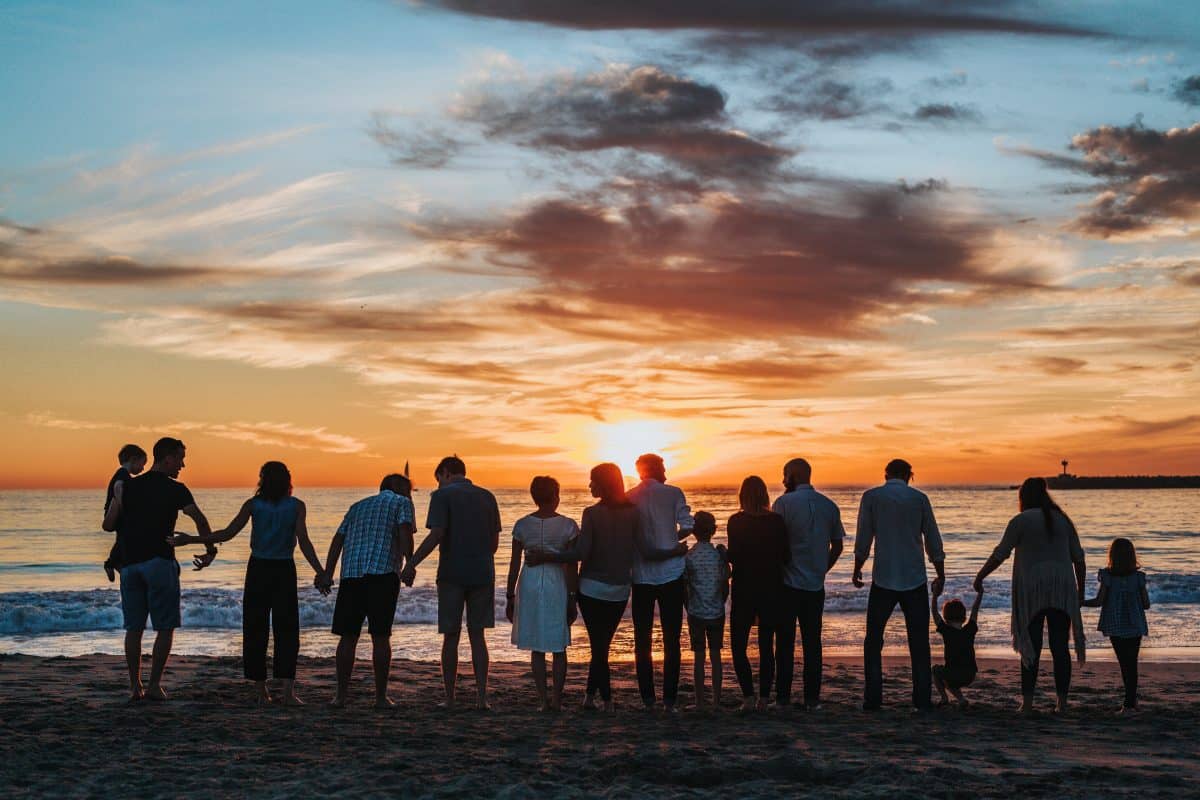
For most of my life, my only encounter with Burma (known now as Myanmar) was back in the “you-all-will-be-using-the-metric-system-when-you-grow-up” phase of my elementary school education when my math teacher attempted to convince us to take the metric system seriously. She showed us a map of the world with all the countries that used the metric system in one color and all the countries that used the customary system in another. The United States was seemingly all alone in red except for two small nations, Liberia and Burma.
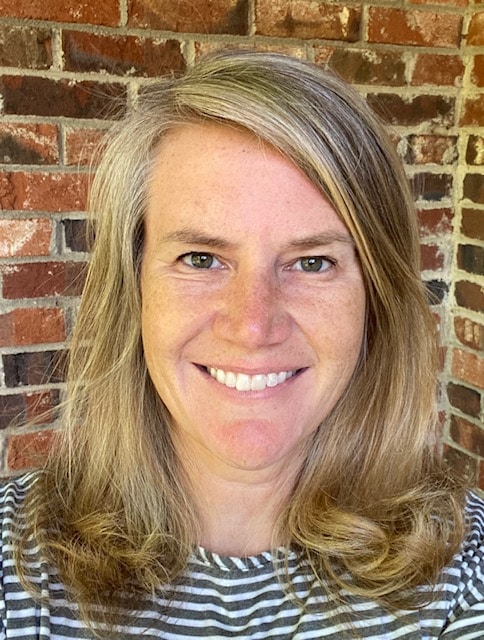
Sarah Blackwell
How did those two places come to use the same measurement system as us, and why did they still use it even when most other countries had switched to the metric system? It was a question my poor math teacher was not prepared to take up. I was intrigued, though. What did we hold in common? To my surprise, it was a question that would be answered in my life over twenty-five years later when Myanmar began to matter to me.
For Baptists in America, Myanmar should matter to all of us because of our long history there. In 1812, the United States sent Adoniram and Ann Judson, its first Baptist missionaries overseas to India. The ongoing war with England prevented their landing in India, so the couple pressed on to a nearby country known as Burma. For three years, they worked to learn the language before any conversions to Christianity were made. Through the slow process of relationship building, the Judsons, over many years, built a small Baptist community and ministered to the Karen people. Under constant threat of persecution (including torture and jail time for Adoniram), the community continued to grow.
The Burmese Christian refugees currently in the United States (and throughout the world) are spiritual descendants of this first Baptist community. After worsening conditions for Burmese Christians in the 2000s, many left their homes as refugees, eventually settling in the United States. Minority groups have continued to face persecution in Myanmar, especially after a coup in February of 2021. As we hear about the continued struggles of people in Myanmar after the military junta takeover, our concern should be real. Myanmar should matter to all Baptists – but to me, there is an even more compelling reason.
One evening twelve years ago, some of the energetic high school girls in the small group I led at church came bounding in with a new friend. She was quiet and reserved, a stark contrast to the chatty crew that usually came. I asked her name, and she simply replied “Lun.” They explained to me that Lun was a Christian refugee from Myanmar. She had recently started coming to the church with a member who had befriended a group of Burmese children. I was so glad that the high school girls had thought to include Lun in this gathering. I was able to learn more about her family and the traumatic events that caused them to leave their homeland.
Over the next few years, I helped Lun, who took the nickname “Julia,” and her nephew David navigate the American education system. High school enrollment, curriculum nights, senior projects, community college course selection, and financial aid forms all became part of my repertoire of knowledge. Our time together allowed me to learn about the finer points of their culture and why they had to leave their homeland in the first place.
As our relationship progressed, I wanted to help them however I could with their school work since their parents were not fluent in English. Navigating the US education system is a complicated process, even for someone who has grown up in it. My knowledge of the American system was a gift I could offer.
To be honest, it felt good to be helping them with the difficult things they were facing. Coming from a place of great privilege, giving to the “less fortunate” sometimes served as a salve for my own feelings of guilt over not doing enough with my influence or resources. I know this is not unique to my situation. Often our western Christian “missions” mindset has us swooping in to play savior and then exiting as quickly as we came – before we have to get involved in the messy work of relationship building. This type of charity has proven over and over again to fail the people we say we are trying to help.
Early on, I probably fashioned myself as some type of savior. Plus, I was a stay-at-home mom and needed a worthwhile project to validate my own self-worth. Besides, what did I need that they could provide? Even taking money for tutoring or other educational services seemed ridiculous given the relative resources each of us had.
But then, Julia and David started offering to take care of my small children when I had meetings and other obligations. Of course, I tried to pay them, but they would often simply refuse the money. I knew they needed it, and they had earned it, so why would they not take it? What I had not realized yet was that this was their ministry to me. My husband and I were raising two small boys with no family in town. We needed someone we could trust to watch our children, and our boys loved Julia and “Da.” Could I really not pay them for their time? Would I be taking advantage of them? What would people think if they knew? By attempting to pay them, was I trying to maintain the power position? What harm would I cause by not allowing myself to be ministered to? Could it be, just like the Judsons, that Julia and David, had crossed the oceans, spent years learning a language, built relationships, and then ministered to the native people?
This situation turned out to be a beautiful representation of the kingdom of God. By allowing Julia and David to minister to me, we were all able to show love to our neighbor and recognize that there was only one Savior we all needed. The relationship became one of dignity and trust where each side gave as we could. I went on to learn many lessons from them as I humbled myself and saw us on equal footing as children of God. We became true brothers and sisters in the faith.
I remember seeing the extravagant love they showed my 90-year-old grandmother as part of a culture that deeply honors the wisdom of elders. They literally showered her with gifts, which I had to encourage her not to refuse. I saw my young son participate as a ring bearer in Julia’s Zomi wedding ceremony. I visited Julia in the hospital as she held her beautiful new baby. We cheered as David graduated from high school and was later accepted into an engineering program. What memorable moments for us all.
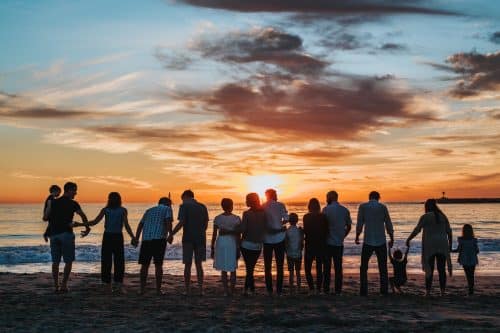
Tyler Nix / Unsplash
I came to realize that I was a person in need of being ministered to. Accepting help from others is a spiritual practice and one that, frankly, most of us are pretty terrible at. It requires a sense of humility, true introspection into our needs, and a trust that God will provide through another person. We often find ourselves in Christian outreach positions where we mentally put ourselves above the person we are helping. This power dynamic is not the one that Jesus demonstrated to us when he made himself a servant to wash the feet of his followers (John 13: 1-17). Unless we take this posture of service, we do not dignify the person we are trying to help.
Even Jesus, who could perform any miracle, relied upon the hospitality of friends and strangers for a place to stay or a meal, fishermen to transport him across a lake, disciples to find him a mode of transportation into Jerusalem, and women to support his ministry financially. He acknowledged the giftedness of those around him and told them when he was in need. He celebrated the four men who worked to put their friend at Jesus’s feet so he could be healed.
We often equate being in need with some sort of sinfulness or error on our part. However, it is these needs that bind our communities together – tightly knitting us into a web of support and trust. It cannot happen, though, unless we acknowledge our need for help. There is not one of us that can, or should, stand alone.
There will always be times of humanitarian crisis where the needs are immediate and tremendous. However, in any long-term service project, we must look for ways for all to make contributions for the good of the community. Maybe what we take away is knowledge of a different culture or way of life. Exposing our preconceived notions and biases can be a tremendous gift to us. By being in proximity to my refugee friends, I learned to love a people and a culture that I might never have normally encountered in my daily life. My life is richer for it.
Each of us should seek out opportunities to put ourselves in proximity to those who we think are different than us. We may not be able to address all the needs or learn about all the different struggles in the world, but if we each seek out one place to draw closer to, we can share with each other, be formed more closely in the image of Christ, and make huge impacts for the kingdom.
Yes, I believe we should all be concerned, especially as Christians, about the plight of the persecuted people in Myanmar. We have a long connection with our brothers and sisters there, and we cannot turn on backs on that. The threats there are severe and immediate. While I hope that Americans will learn to care for the plight of the people of Myanmar, chances are they will not unless they actually meet one of these people.
Thus, it is not my goal to convince someone that Myanmar should matter to them. Rather, my hope is that we all will move outside of our normal bubble and learn to care for someone, somewhere, who is radically different than us on the surface. Let it be a deep mutual love for one another because this is how we truly become knitted together in worldwide koinonia. Myanmar matters to me simply because that is where my family is from. I pray that you can find your people that matter, too.
Sarah Blackwell is a 2020 graduate of the Gardner-Webb School of Divinity. She is a former deacon and volunteers with youth and young adults at Providence Baptist Church in Charlotte, NC. Through the years, her family has supported Refugee Support Services of Charlotte with their efforts to be good neighbors to refugee families. She loves being mother to two boys and aunt to eleven, including two precious girls born to Julia and her husband. Turns out, she rarely used the metric system when she grew up. Follow her writings at www.proximitytolove.org.

